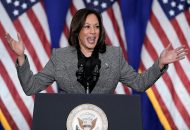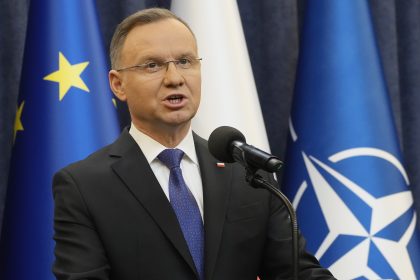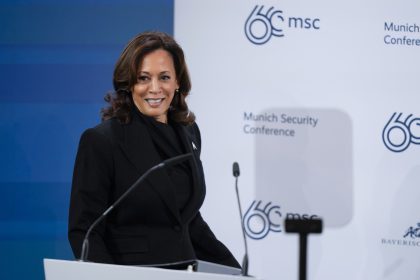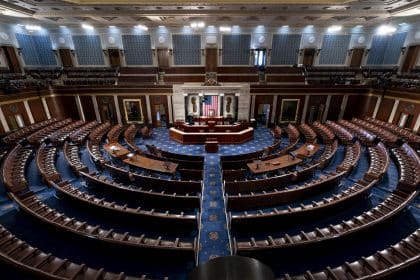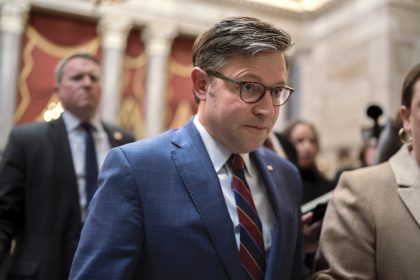Senate Confronts China Threat to Beat Out U.S. Economy

WASHINGTON – The U.S. Senate tried to figure out a response Wednesday to a trade war with China that is taking on new urgency during the coronavirus pandemic.
Republican and Democratic senators identified Chinese computer hackers and patent thieves as threats to the U.S. economy that no longer could be ignored.
International trade experts said the United States is risking economic decline if it does not catch up with China by investing more in wireless networks and artificial intelligence.
“We rely on China for the manufacture of many important goods, from the medicines in our cupboards to the electronics in our cellphones,” said Sen. Tom Cotton, R-Ark., chairman of the Senate Banking, Housing and Urban Affairs subcommittee on economic policy.
The extent of the reliance became too obvious when Americans scrambled to find personal protective equipment as coronavirus began to spread in the United States in January, Cotton said.
Some of the equipment was being made in China, which was too busy using it for its own population to send more of it to the United States.
“This reflects not only the decline of our industrial capacity and the failure of decades of naive engagement, but also the [Chinese Communist Party’s] grand ambitions,” Cotton said.
As the Chinese invest heavily in semiconductors, artificial intelligence and quantum computing, “The task we face is to preserve and in some cases rebuild America’s position as the technological and economic leader of the world and to end our compromising dependence on China for essential goods,” Cotton said.
He accused the Chinese of unfair competition by subsidizing industries as they compete against Americans who receive no government subsidies.
The hearing was held in Washington as the Trump administration takes tough action against China on trade, technology, human rights and security.
It included ordering China on Monday to close its consulate in Houston “to protect American intellectual property.” The order followed FBI disclosures that Chinese hackers were trying to break into the computers of coronavirus vaccine researchers in an apparent effort to steal their research.
Trump also announced trade sanctions Monday against 11 companies the U.S. government accuses of human rights abuses against China’s Uighur ethnic minority in the northwestern region of Xinjiang.
The Senate subcommittee members asked witnesses at the hearing Wednesday for solutions to China’s control over health care and technology supply chains that reach throughout the United States.
Tim Morrison, senior fellow at the conservative public policy foundation Hudson Institute, suggested closer trade ties between the United States and its allies.
By joining with Australia, Canada, Japan, Mexico, New Zealand, South Korea and the United Kingdom, a free trade agreement “could be the freest and most productive trade bloc in the world,” Morrison said.
He added, “And it would be based on western values for the environment, labor, transparency and the rule of law. The choice between access to a socialist marketplace, with Chinese characteristics, and such a free trade bloc is really no choice at all.”
Martijn Rasser, a senior fellow at the Center for a New American Security public policy foundation, said the U.S. government needs to develop a single national strategy for economic and technology development.
“Much of China’s success lies in its ability to formulate a comprehensive, long-term government strategy to gain dominance in key strategic technologies,” Rasser said. “In contrast, in the United States such policymaking is generally reactive and piecemeal.”
One bill intended to match Chinese competition was introduced in the Senate Wednesday by members of the Foreign Relations Committee.
Called the Strengthening Trade, Regional Alliances, Technology, and Economic and Geopolitical Initiatives Concerning China (STRATEGIC) Act, it incorporates many of the suggestions made during the economic policy subcommittee hearing.
Key provisions call for stronger international trade agreements with allies; protections for U.S. corporations against Chinese subsidies and patent thefts; more cooperation with China on arms control, North Korea and environmental policy.












